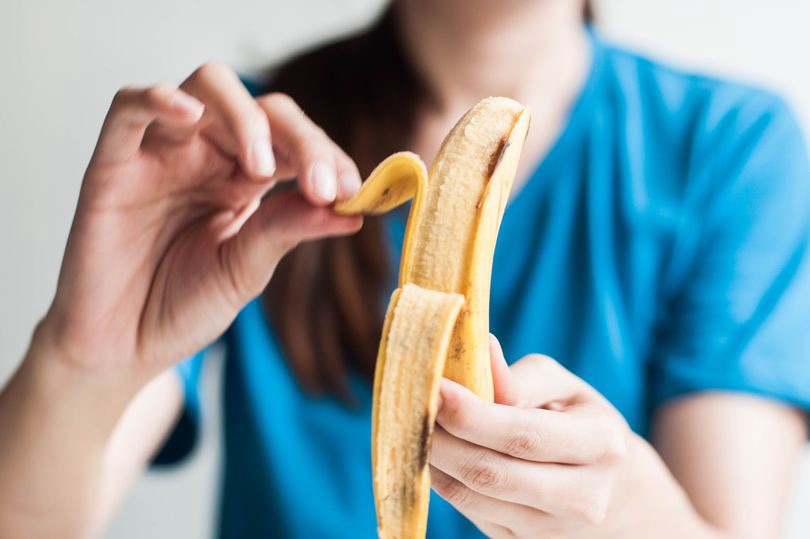Bananas are packed with essential nutrients that support overall health and boost energy levels. Research indicates that eating a banana before bedtime might improve sleep quality.
Bananas are among the most popular fruits worldwide, with over five billion purchased annually in the UK alone, accounting for about 7% of global exports.
A study on the impact of bananas on sleep found that adults with sleep issues who included bananas in their daily diet for two weeks experienced fewer sleep disruptions compared to those who did not consume bananas.
Bananas contain nutrients that promote better sleep. Tryptophan and vitamin B6 in bananas are essential for producing serotonin and melatonin, hormones necessary for restful sleep.
Serotonin is a neurotransmitter involved in sleep regulation and is a precursor to melatonin, which controls circadian rhythms.
As night approaches, melatonin levels increase, causing drowsiness. Additionally, the high potassium and magnesium content in bananas is associated with improved sleep quality.
The extra beneficial powers of bananas:
Incorporating high-fiber foods into your diet can help lower blood sugar levels. A medium banana provides 13% of your daily fiber needs and boosts energy with its natural sugars.
Diabetes UK notes that a large banana, containing around 30g of carbohydrates, is a healthier option for diabetics than a slice of cake with 25g of carbs because bananas do not contain free sugars.
Bananas are popular as a pre-workout snack due to their easily digestible carbohydrates and minerals that help alleviate muscle cramps and soreness post-exercise. Research shows that bananas may be as effective as, or even better than, some sports drinks for providing workout energy. They are low in calories yet rich in nutrients, including fiber, which benefits heart and digestive health.
Studies have indicated that individuals who consume a high-fiber diet have a lower risk of cardiovascular disease compared to those with low fiber intake. Regularly eating bananas can provide additional energy from carbohydrates and vitamins that support metabolic functions.
Substituting sugary snacks with bananas daily can increase satiety and encourage healthier eating habits, as bananas often feel like a treat.
To increase your banana intake:
- You don’t need to eat a whole banana to enjoy its benefits. To avoid monotony, try incorporating the fruit in different ways.
- Blend bananas into smoothies with other fruits and vegetables for a nutrient-rich drink.
- Use bananas as toppings for pancakes or porridge for added flavor and nutrition.
